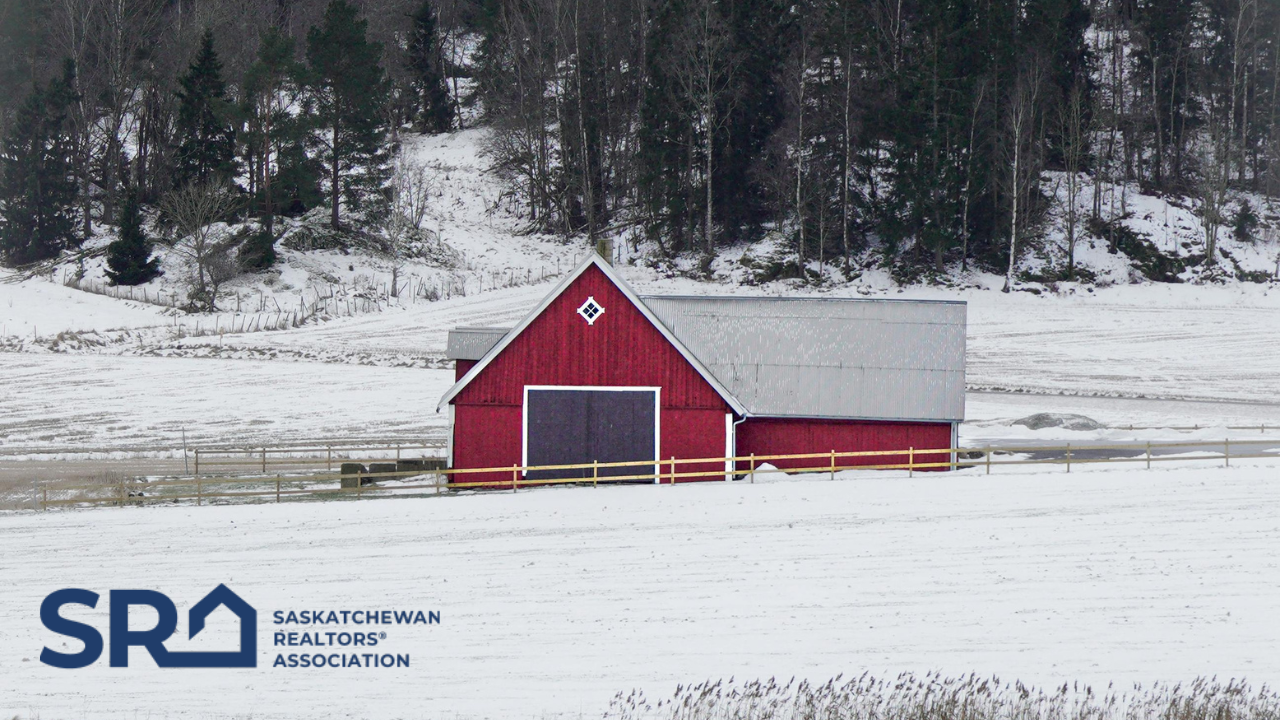In a joint letter to the Ontario Solicitor General, TRREB, OREA, and the Ottawa Real Estate Board (OREB) have expressed concern regarding the obligations imposed under Schedule 8 of Bill 10, the Measures Respecting Premises with Illegal Drug Activity Act, 2025. The measures would require landlords to take “reasonable measures” to prevent illegal drug activity on their rented premises (residential and commercial) or risk liability even if they do not “knowingly permit” such activity.
Why Are We Raising Concerns?
While the Act aims to boost public safety and curb illegal activity on private property, it also raises serious concerns about fairness, clarity, and practical enforcement. The Act provides law enforcement with extensive powers, including the ability to remove individuals from rental properties, close commercial properties, seize property, restrict access to premises, and, in some instances, arrest suspects without a warrant.
The Act does not clarify what ‘reasonable measures” landlords will be expected to take to prevent such illegal activity. In the absence of clear guidance, some housing providers may struggle to ensure compliance, potentially leading to unintended legal trouble, or adopt stricter oversight, which would put them in breach of compliance with current legislation, including the Residential Tenancies Act, 2006, and the Ontario Human Rights Code.
What TRREB is Doing to Help Members and their Clients
The Bill is not yet in force as supporting regulations have not been drafted. The province has yet to announce public consultations, and TRREB will formally submit input and advocate on behalf of REALTORS® and their clients. We will push for clarity on what constitutes “reasonable measures,” setting standards and ensuring obligations are practicable and fair across different rental housing providers. TRREB will also advocate for removing red tape and not adding to the regulatory framework, which is already complex and demanding.
Landlords already must comply with the Residential Tenancies Act, 2006, which governs evictions, rent increases, maintenance, landlord and tenant obligations, and adhere to the Ontario Human Rights Code, which imposes duties to treat tenants without discrimination on protected grounds. These obligations require landlords to operate with sensitivity to privacy, harassment, accessibility, human rights concerns, and potentially FINTRAC reporting requirements.
The cumulative effect of provincial statutes, human rights obligations, municipal licensing, renoviction by-laws, building codes, property standards, health and safety codes, permit requirements, and other regulatory obligations raises the cost, risk, and complexity of operating rental housing. These burdens are weighty for owners of secondary suites, basement apartments, second units, and smaller-scale landlords who lack economies of scale.
In this climate, adding an open-ended duty under Bill 10, Schedule 8 to take “reasonable measures” to prevent illegal drug activity risks creating uncertainty about what steps landlords must take to satisfy that standard, or avoid liability, especially where behaviour arises beyond the landlord’s knowledge.
TRREB’s Message to the Province
The province must reduce the regulatory burden on rental property owners and not introduce additional obligations that discourage them from offering secondary suites, basement suites, and other units. The availability of such units is a crucial component of the rental housing supply, which is essential in moderating rental prices and improving affordability across the province.
Further, increasing regulations about properties used for illicit drug activity could create unintended consequences for purchasing or selling those properties. Without clear remediation standards and guidance from health and safety authorities, properties could be stigmatized and devalued unfairly.
It is important that law enforcement, not landlords, remain the lead in addressing criminal behaviour. Landlords should be provided with clear, practical standards that align with the Residential Tenancies Act, human rights obligations, privacy protections, and principles of due process.
To read more, visit TRREB











